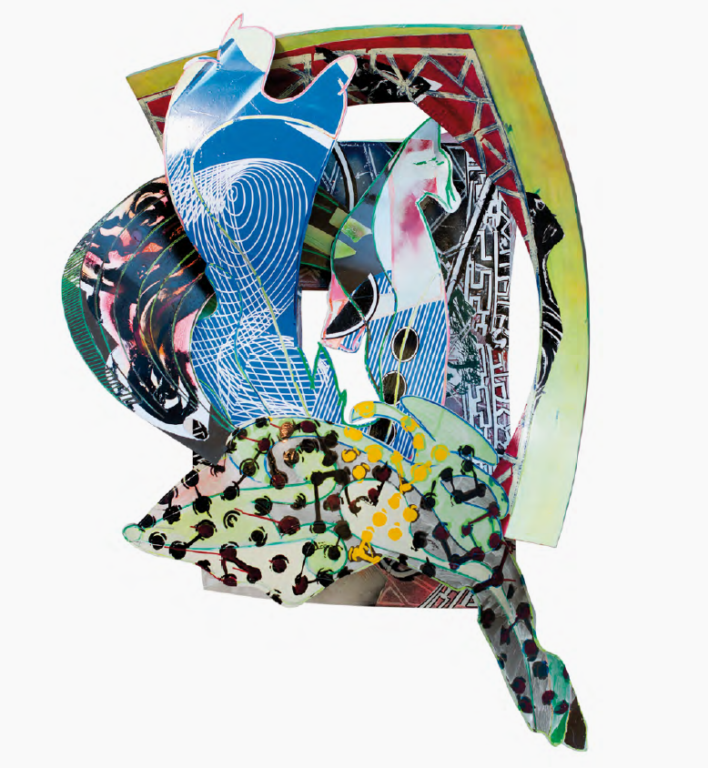Faced with the persistently low interest rate environment in Europe, complex regulatory changes and the digital revolution, wealth managers are tending to diversify their clients’ portfolios and are generating new investment trends.
THE RISE OF PRIVATE EQUITY
Assets invested outside of banks – art, residential and commercial real estate, or private equity – represent a separate but important fraction of total (U)HNW client assets. According to industry estimates, investors hold average return expectations for these investments of 10 to 20 percent, making this a significant opportunity for private banks to integrate these types of investments into their investment advisory offer.

At LPEA level we are endorsing this growing trend and appetite for the PE/VC asset classes and the emergence of new investor types interested by strong returns, a long-term perspective and some value creation.
Our goal is to demystify further the asset class, raise the awareness about the importance of patient capital regarding the portfolio construction and investment diversification, increase the accessibility and facilitate the increasing role of Luxembourg not only as leading place of structuring but also progressively of investment management.
Sustainable Finance and impact investing
With the EU actively backing the transition to a low-carbon and more sustainable future, sustainable finance is gaining significant momentum. Luxembourg has been a pioneer in this new field, thanks to an approach based on close cooperation between the public, private and civil society sectors. The Luxembourg financial centre has built up an ecosystem for the support and promotion of responsible investment.
Luxembourg is the primary centre for listing sustainable bonds (green, social, sustainability), the leading European domicile for impact funds, and has been a pioneer in the area of sustainable finance labels for over a decade.
Luxembourg has a strong track record in socially responsible and impact investing. Sixty seven percent of AuM in European impact funds are domiciled in the Grand Duchy, thanks to an experienced regulatory authority and 20 years of raising private capital for microfinance projects. In the coming years, Luxembourg will further push the boundaries in the field of European impact investment.
Today’s philanthropists are called upon to address ever more complex global issues. The Fondation de Luxembourg combines international expertise with an emphasis on innovation and sustainability in order to guide donors looking to find long-lasting solutions to current issues. Through a personalized, hands-on approach, the Fondation de Luxembourg enables international philanthropists to make a positive difference through new approaches to giving.
Assembling a successful art collection takes more than spending big bucks!
It is more about accessing market-moving information, risk assessment through professional due diligence and valuation of an artwork, or understanding the tax implications of multi-jurisdictional transactions.
ART FINANCIAL SERVICES INCLUDE:
- Buying and Selling of fine art in all sectors of the art market
- Authentication and Valuation for market and insurance purposes
- Independent Risk Assessment and loss prevention strategies
- Auction Representation and Private Treaty sales
- Logistics Management including shipping, import and export licenses, restoration, hanging, museum framing, object mounting and storage


